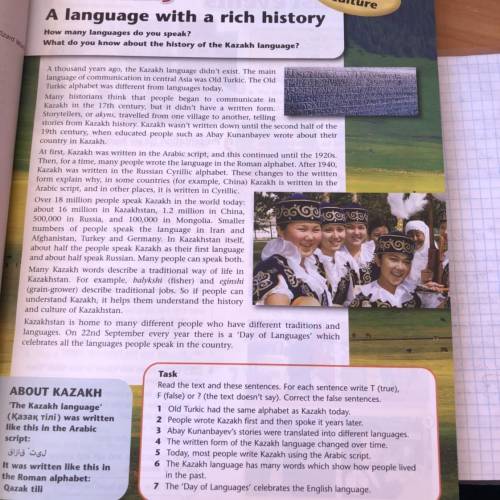
Ex. 1
Come - came - come, give - gave - given, read - read - read (последние две этих формы читаются как "рэд"), take - took - taken, begin - began - begun, leave - left - left, know - knew - known, work - worked - worked, think - thaught - thaught, run - ran - run, bring - braught - braught.
Ex. 2
Fell, was, spent, sold, took, won, met, got, went.
Ex. 3
1. Drove. Он отвёз своего дедушку к доктору.
2. Wore. Джек надел странный красный галстук.
3. Blew. Маленький Грег задул 5 свечей на своем праздничном торте.
4. Held. Они провели оперный фестиваль в Августе.
5. Broke. Мы случайно сломали зонтик.
6. Lost. Моя дочь сбилась с пути в новом городе.
7. Made. Моя мама сделала ванильные блинчики утром.
8. Wrote. Мэри написала длинную заметку в своем дневнике.
9. Caught. Наш кот словил трёх мышей в нашем саду.
10. Went. Я ходил в школу балета в детстве.
Ex. 4
Brought (ошибка во второй форме).
Give (ошибка в начальной форме).
Ran (ошибка во второй форме).
Think (тут всё правильно).
Make (формы правильные, неправильный перевод. Верный перевод - делать).
Ate (ошибка во второй форме).
Объяснение:
Надеюсь, что я успел :)
lately, people have not thought about the harm they bring to humanity. in front of everyone, nature is dying slowly.
people burn everything, build factories in order to provide themselves well, not thinking that they can harm their children and grandchildren, that they will not live comfortably in this dead nature. the air is full of different gases that make it difficult for living beings to breathe, starting with a person, ending with plants that help usTo breathe fresh air.we need to think about the future. I think that the solution to this all-come up with something that will not interfere with polluting the environment and give the opportunity to live a beautiful planet .